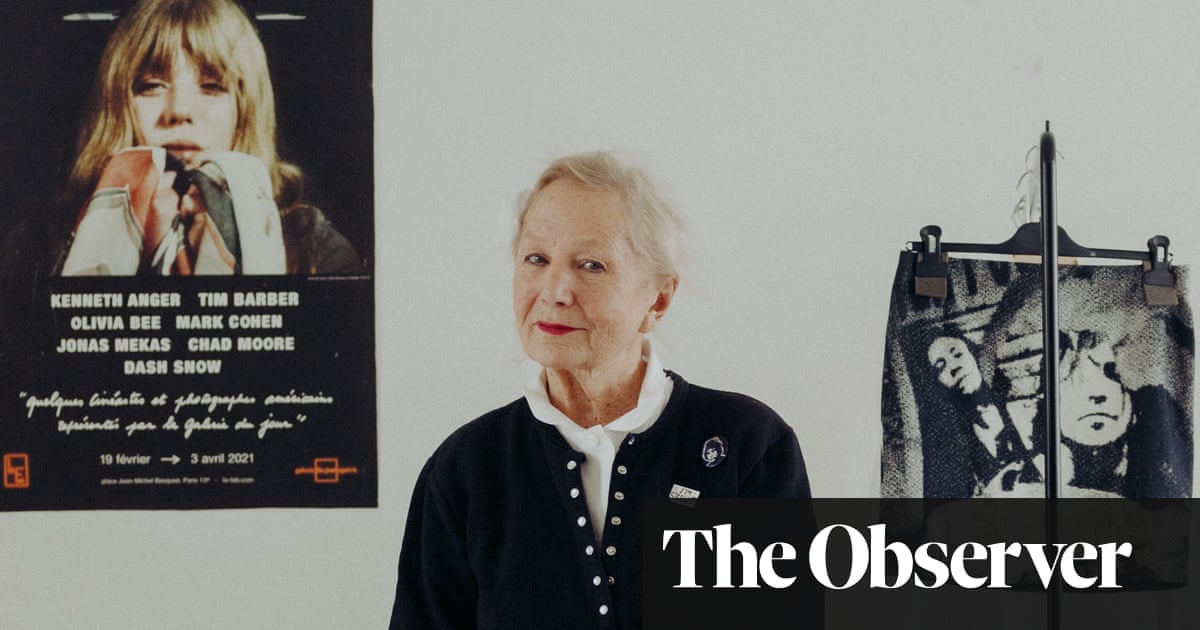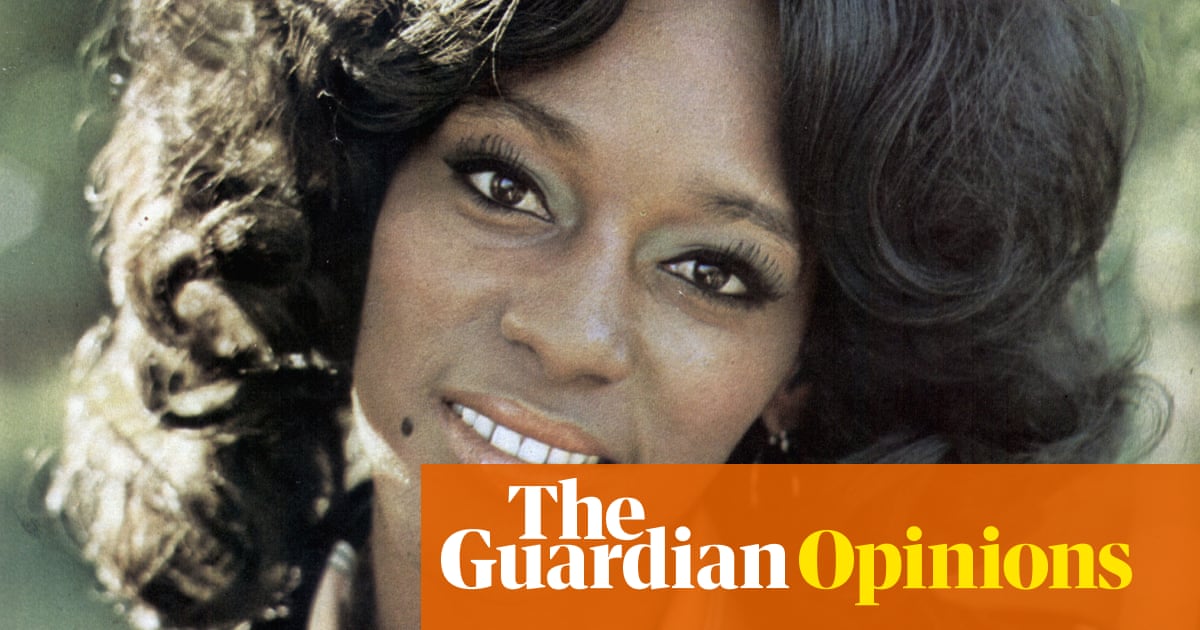You know the Bank of Mum and Dad when you see it: it’s your friend who seems broke, but always has a safety net, or who suddenly (but discreetly) acquires the deposit for a home. It’s those who stayed with their parents while they saved for a flat, or stuck it out in a profession they were passionate about even though the wages are chronically low. It’s those who do not need to consider the financial costs of having children. It’s those whose grandparents are covering nursery or university fees, with the Bank of Grandma and Grandad already driving an economic wedge between different cohorts in generations Alpha (born between 2010 and 2024) and Z (born in the late 1990s and early 2000s).
This is the picture we know, but the Bank of Mum and Dad is not just a luxury confined to the 1% – it is also evident in families like mine. I grew up in a working-class household and was the first person in my family to get a degree, but it was the fact my parents had scrimped in the 1980s to purchase properties in London (and allowed me to crash in one throughout my 20s) that has arguably been the true source of opportunities in my life.
My parents were subversive punks whose working-class roots also meant that the notion of getting ideas above your station never fully wore off. My great-aunt was a Pearly Queen, and we really did all stand around the piano bashing out Maybe it’s Because I’m a Londoner. But inspired by Thatcher’s vision of a property-owning democracy, in the 1980s my parents invested in two houses in Tooting and, crucially, held on to them. By the turn of the millennium, they were sitting on property wealth that was gaining value at a rate they could never have imagined. When the global financial crisis hit in 2008 my parents had become paper millionaires. It was a degree of wealth they had never expected and we, as a family, were only forced to confront when my father died in 2018.
But is this really the true story? Or have I just fed you a “working-class done good” tale, because that’s how I attempt to justify my own exceedingly privileged position? One academic investigation into the Bank of Mum and Dad found that its beneficiaries tend to frame this considerable financial support not in terms of their own individual privilege, but as evidence of their parents’ hard work and upward mobility. Whereas once parents lived vicariously through their children’s successes, now it seems their kids live vicariously through their parents’ struggles. And there lies the problem.

In recent years, we have rightly widened the conversation about privilege in society. And yet how honest are we about one of the most obvious forces shaping anyone under 45: the presence or absence of a parental safety net? The truth is that we live in an inheritocracy. If you’ve grown up in the 21st century, your opportunities are increasingly determined by your access to the Bank of Mum and Dad, rather than by what you earn or learn. The economic roots of this story go back to the 1980s, but it accelerated after the 2008 financial crisis, as private wealth soared and wage growth stalled. In the 2020s, rather than a meritocracy – where hard work pays off – we have evolved into an inheritocracy, based on family wealth.
Young people’s frustration is so pronounced these days because this reality runs contrary to what we were told growing up. Then the message was, work hard, get a degree and you will be rewarded. Education was increasingly geared towards exams and qualifications, with little options for those unsuited to this system. But, as more of us became graduates, the price of a degree went up and its value went down.
Increasingly, it became about our parents’ ability to “invest” in these talents as the real source of opportunity and the key definer of our class, status and success. As Becky O’Connor from pension provider PensionBee tells me: “Parents have become the gatekeepers to their children’s adulthood, the wealth level of the previous generation ultimately determining which milestones are achievable and which are not.” Inheritocracy is the driver of milestone culture.
For a long time much of the intergenerational debate focused on how lucky the baby boomers were and how unlucky millennials are. This duality is not just unhelpful, it’s also increasingly untrue. In 2010, David Willetts wrote The Pinch, an economic dissection of baby boomer privilege and millennials’ hardship that would become a narrative for millennials frustrated at the level of intergenerational unfairness. But when I spoke to Willetts, he admitted that over the past 10 years the dynamic had changed. It was no longer about intergenerational unfairness as such, but intragenerational unfairness, with the new dependency culture within the family halting social mobility. “It is absolutely making the family more significant,” he said. But Willetts’s framing here is important because what some describe as the growing “importance of the family”, others call the unfair privilege of birth.
At a time when the market has become dysfunctional and the state retracted, the family has stepped up. It is a dynamic that the economist James Sefton likes to call “good parents, poor citizens”. And it’s a dynamic that has provided untold opportunity, for some. In an inheritocracy, certain advantages really matter: those whose parents are together, those who live in the south-east, those who are only children, those whose parents are able to “gift” an early inheritance and, to be blunt, those whose parents do not live too long or have complex expensive caring needs. Knowing that my own tale was a uniquely London-centric, female, white privileged experience, I set out to discover this mosaic of family stories across Britain.
I spoke to Tom, 34, who had been supported through private education and Oxford, but had mixed feelings about the springboard his parents had given him in his 20s and 30s as they indulged him in his dream of becoming an actor. “I moved into my mother’s central London flat that she got free with her job. I was being completely financed,” he admits. Tom made money during this time, but “it was about earning enough to maintain a bit of respect, nothing substantial”. After seven years of trying to carve out an acting career, Tom decided to pack it in. Looking back, he now has regrets about this period in his life. “I was just so fucking lazy. I wish someone had said to me: ‘You should be earning more money; you have a lot of advantages.’ I didn’t take advantage of that properly. I count that as a personal failure.” Now married and a father, Tom laments that he will not be able to recreate for his son the life his parents gave him.
If Tom was an inheritocrat, I spoke to many meritocrats, those who had made it in modern Britain with little parental help, but this came with much resentment. Greg, 31, describes himself as a working-class boy from Surrey. Raised in a single-parent household, when he was 16 his mum told him that if he wanted financial freedom, he was going to have to work for it. Greg graduated from a top-class London university and found himself on a graduate scheme in London, tutoring rich kids on the side, something he ended up hugely resenting. “I actually went to counselling to get over my anger at other people’s wealth and family support… I was tutoring all these wealthy kids who literally had everything on a plate, and I found it quite depressing, as here I was scrimping for £100. I felt like the underclass. I couldn’t help but see the irony that my student would pay me £100 for tutoring and I passed that straight on to the therapist to help me cope with it!”
When it comes to class, social mobility and wealth, we tend to see it through an entirely British prism, when in fact the Bank of Mum and Dad is an international trend, but also one that differs across different cultures. This is something that Alina from Mumbai, now living in London, recognises. Alina tells me that her parents have been supporting her throughout her life, paying for her to study in New York while her in-laws purchased a flat for her husband in central London.
Alina finds it odd that parent support is such a taboo in Britain, especially when it is becoming an economic reality. “I feel like modern life is not set up for independence from your parents,” she tells me. But for her, it is also conditioned on the expectation that all this help from her parents will be reciprocated in their old age. This sets up a different dynamic: “You don’t even feel that there is an obligation because they are your parents; you want to look after them.” All these testimonies attest to how our inheritance stories are as much to do with the state of our familial bonds, cultural heritage and lived experience as the state of the housing market or inheritance tax thresholds.
As the economist Thomas Piketty set out in his 2013 book Capital in the Twenty-First Century, inheritance and the divides it reveals have always existed but, if anything, we are returning to the dynamics and characteristics of the 19th century. Today’s family tales of misfortune and opportunity echo the pages of Dickens, and the modern dating game resembles the pages of Austen. While interracial relationships have increased, inter-class relationships have seemingly declined. In one UK survey, 40% of upper-class participants said they would not even consider entering a long-term relationship with someone from a different social class. A recent report from the Resolution Foundation concluded that: “People tend to couple up with those who have similar inheritance expectations to their own.” The latest TikTok trend may be “marrying a finance man”, but a more accurate piece of advice, perhaps, should be to marry someone whose dad was a finance man.
I interviewed self-sufficient women whose financial independence was often bankrolled by Mum and Dad and were reluctant to partner up with someone without similar security. Others recognised that while they were struggling with financial precariousness in their relationship, they believed that it would soon be different because of inheritance.
Emma, 31, a mother of three who is struggling to get on the housing ladder, is convinced this won’t be a problem in 10 years’ time, when her and her husband’s parental inheritances materialise. “My husband always says the sad reality is that both sets of our parents are in their 70s – in 10 years’ time, we’re going to have more money than we know what to do with. Its morbid, but it’s true.”
We know that the Bank of Mum and Dad is a top 10 mortgage lender in the UK, but that is only a portion of the influence that parents have on the housing market, from rent guarantors to rent payers, as landlords and mortgage payers. And, of course, their own wealth as homeowners – estimated to be over £5tn. Among baby boomers, 51% own a house with two spare bedrooms, often housing offspring that are unable to get on the housing ladder. This means that the inheritance economy shows no signs of abating and, in fact, over the next 30 years we will see the largest transference of wealth in history. Of millennials, 80% expect some kind of inheritance, but it will be unequal. Millennial inheritances will average 16% of lifetime earnings, up from 9% for Gen X. However, for the top fifth, inheritances will boost incomes by 29%, compared to just 5% for the bottom fifth.
Also, none of this inheritance is guaranteed, not only because the Labour government has rightly sought to close inheritance tax loopholes (currently about 6% of estates pay the tax), but there’s also a bigger factor: the cost of social care. In an ageing society, when elderly people have complex care needs and the state cannot fulfil its “cradle-to-grave” promise to baby boomers, it is likely than any inheritance, especially housing wealth, will potentially be gobbled up by social care costs. In this context, those who have received an early inheritance in the form of a gift are doubly advantaged.
I set out to explore the source and dynamics of our inheritocracy and what I discovered was that parental wealth was the story behind the story, the economic thread that explains widening wealth inequality, rising disillusionment with higher education, the stunted pathways into adulthood, changing gender dynamics, the complexities of milestone culture, a dysfunctional housing market and the complications of an ageing society.
My own childhood and messy class identity was my starting point, but the more people I spoke to, the more I realised not just how unfair this lottery of birth is, but how bad we all are at talking about it, within our friendship groups, families, society, even to ourselves. And if we are to address the fundamental issues that our inheritocracy raises, that must surely be where we begin.
Inheritocracy: It’s Time to Talk About the Bank of Mum and Dad by Eliza Filby is published by Biteback at £20. Buy a copy from guardianbookshop.com for £18

 3 months ago
66
3 months ago
66













































